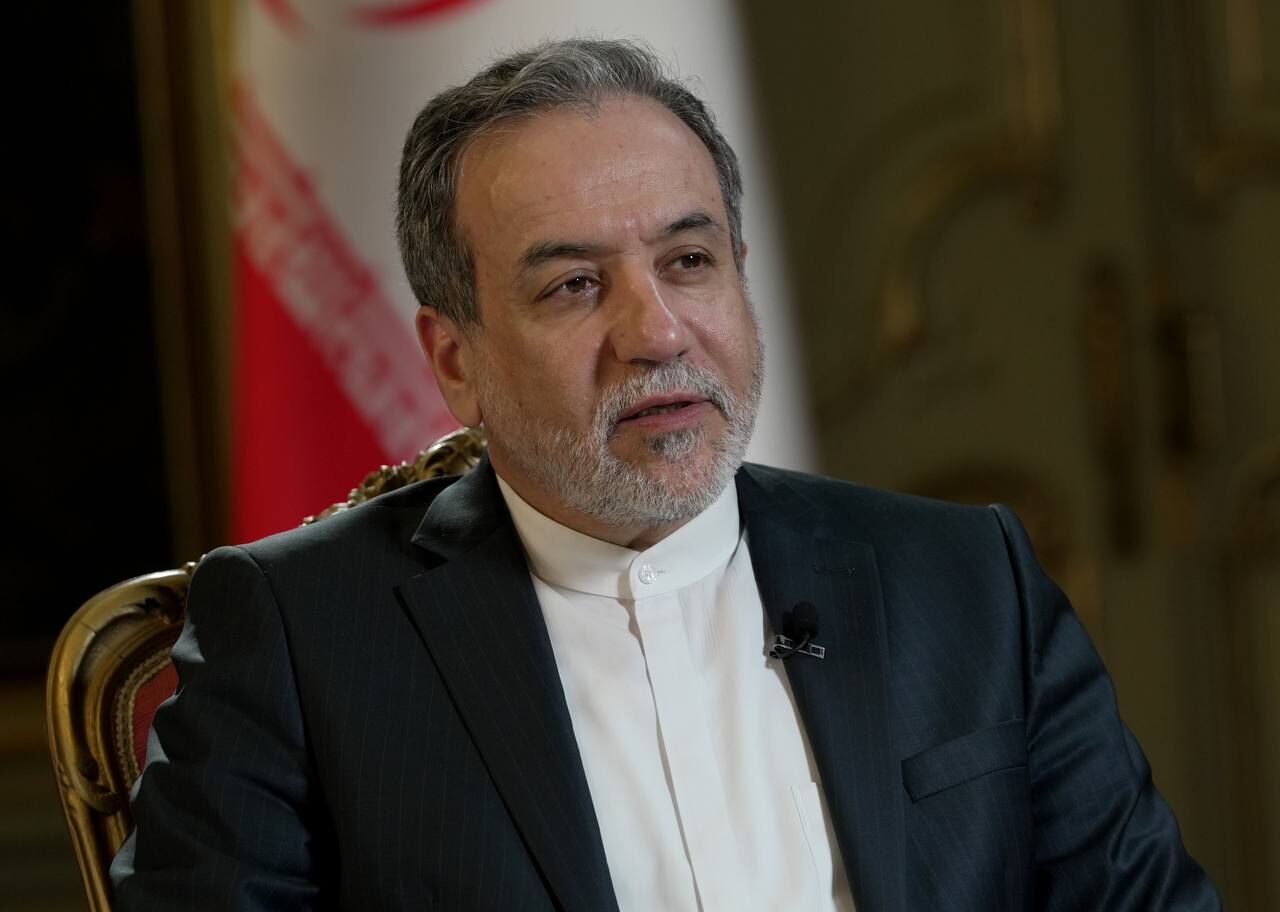
Similar Posts
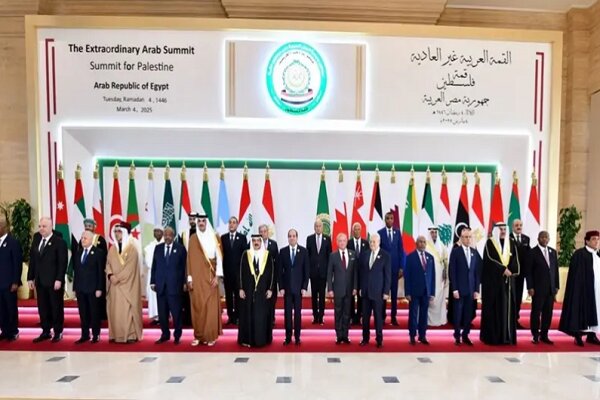
Arab League Backs Egypt’s Ambitious Gaza Reconstruction Initiative
At the Arab League summit in Cairo, Egyptian President Abdel Fattah el-Sisi proposed a comprehensive plan for Gaza, offering an alternative to Trump’s controversial initiative. The plan emphasizes maintaining Gazans in their homeland and includes forming a temporary administrative committee of Palestinian professionals, a $53 billion five-year roadmap for recovery, and an internationally supervised trust fund for financing. UN Secretary-General Antonio Guterres endorsed the initiative, stressing the importance of humanitarian aid and adherence to international law. Palestinian Authority President Mahmoud Abbas welcomed the plan, rejecting proposals for population transfers, while also expressing readiness for elections under favorable conditions.
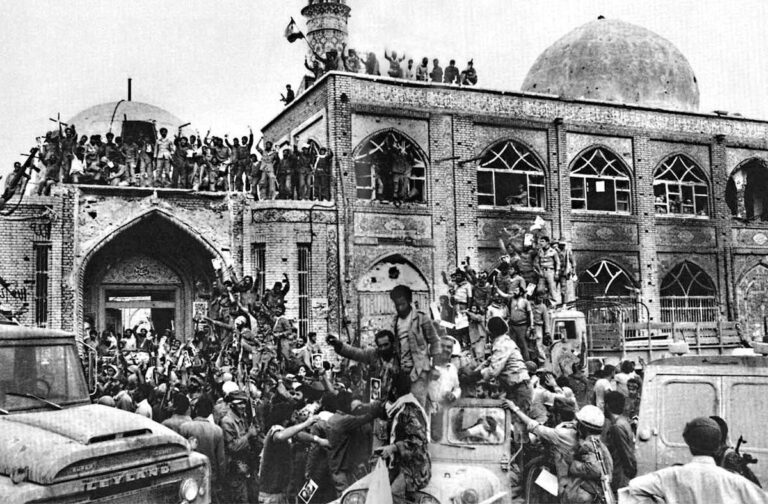
IRGC Celebrates Khorramshahr Liberation: A Powerful Symbol of Iranian Resistance Against Adversaries
The Islamic Revolution Guards Corps (IRGC) marked the 43rd anniversary of Khorramshahr’s liberation, emphasizing its role as a symbol of Iranian resilience against foreign threats. In a statement on Sepah News, the IRGC highlighted the 1982 event as a significant historical moment against the Iraqi Baath regime. It underscored the unity of the Iranian people and armed forces, framing it as a lesson for current adversaries, particularly Israel. The liberation is presented not just as a military success but as a testament to Iranian identity. The IRGC urged youth to draw inspiration from this victory in facing modern hybrid warfare, warning adversaries of severe consequences for aggression.
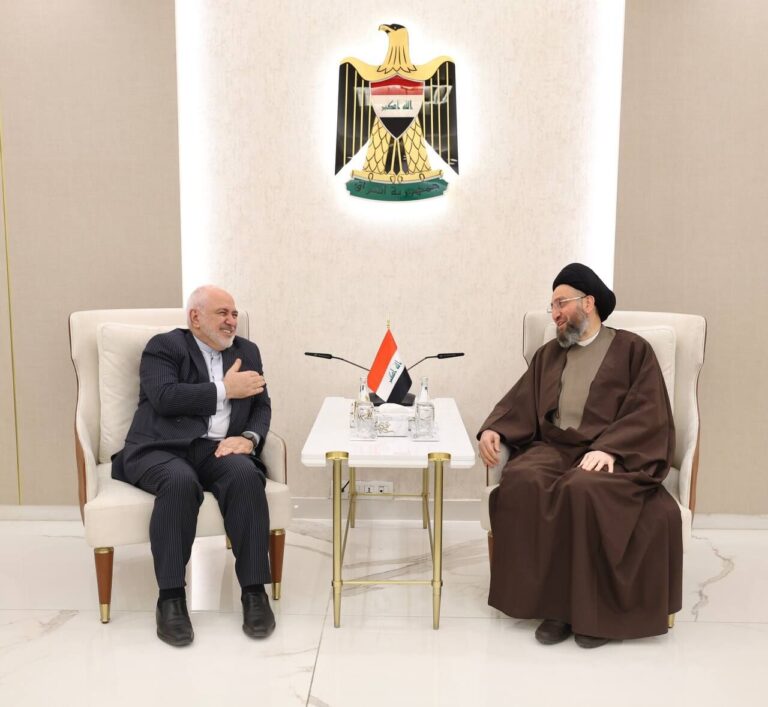
Zarif Engages in Strategic Talks with Iraqi Leader Ammar al-Hakim
Iranian Vice-President Mohammad Javad Zarif met with Seyyed Ammar al-Hakim, leader of Iraq’s National Wisdom Movement, to discuss enhancing regional cooperation and stability. Al-Hakim emphasized the need for collaborative solutions to current tensions, called for participation in the reconstruction of Gaza and Lebanon, and advocated for Syrian people’s rights to express their will and establish an inclusive government. He also highlighted Iraq’s significant political, social, and economic progress, stressing the importance of maintaining these achievements for national stability. Al-Hakim concluded that the stability of the Middle East depends on the stability of all nations, respecting their unique characteristics.
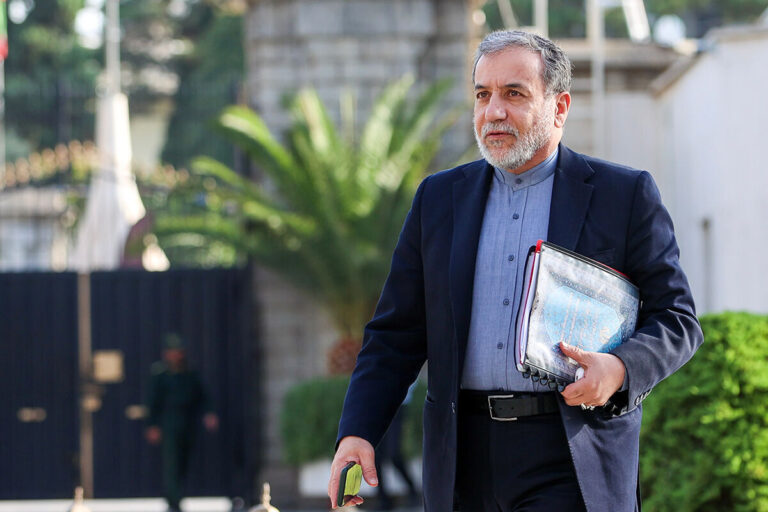
Foreign Minister Araqchi Heads to Muscat for Key Indirect Talks with the U.S. This Saturday
Tehran’s Foreign Minister Abbas Araqchi will travel to Muscat for crucial indirect negotiations with the United States, starting Saturday. This visit aims to advance discussions on technical matters, following a preliminary understanding between both countries to hold expert-level sessions. The Omani government is hosting the talks, and Araqchi will lead a delegation focused on diplomacy and technical expertise. Foreign Ministry spokesperson Esmaeil Baqaei highlighted that the negotiations’ success depends on the U.S.’s goodwill and seriousness. He assured that the Iranian team is committed to safeguarding the rights and interests of the Iranian people during these discussions.
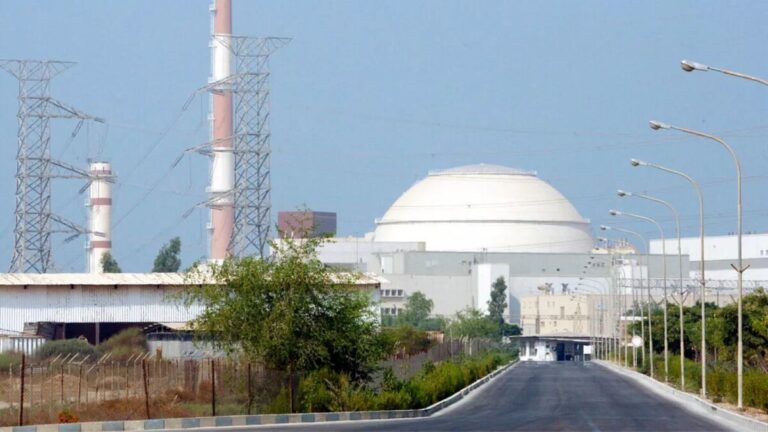
Rosatom CEO Reveals Talks with Iran to Launch New Nuclear Power Plant Project
Russia’s state-owned atomic energy corporation, Rosatom, is advancing its collaboration with Iran on nuclear energy development, including plans for a new nuclear power plant. During the International Future Technologies Forum in Moscow, Rosatom’s head, Alexey Likhachev, announced ongoing negotiations with the Iranian government, with the project timeline to be determined by Iran. A new site for the plant has been identified, described as “large,” though its specifics remain undisclosed. This development reflects the strengthening partnership between Russia and Iran in nuclear energy, emphasizing their commitment to enhancing their energy sectors.
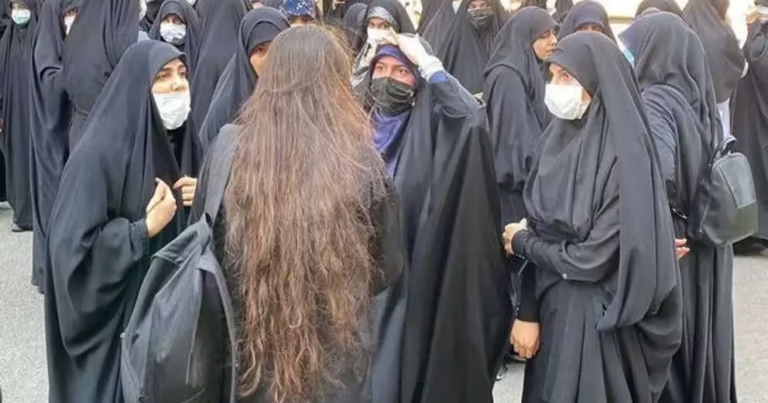
Ultra-Hardliners Threaten Iran’s Leadership: Enforce Hijab or Face Consequences!
Iran’s ultra-hardliners are increasingly worried that suspending strict hijab enforcement could alienate loyal supporters of the Islamic Republic amid ongoing societal changes and protests. Lawmaker Mohammad-Mannan Raisi criticized the Supreme National Security Council for halting the controversial Hijab and Chastity Law, which the UN condemned as “gender apartheid.” Raisi warned that ignoring religious values may disillusion hardcore supporters and weaken trust in the regime. Meanwhile, women continue to defy mandatory hijab laws, escalating tensions after the violent protests following Mahsa Amini’s death. Authorities are cautious about enforcing the law, fearing renewed unrest as Iran faces profound economic crises and isolation.